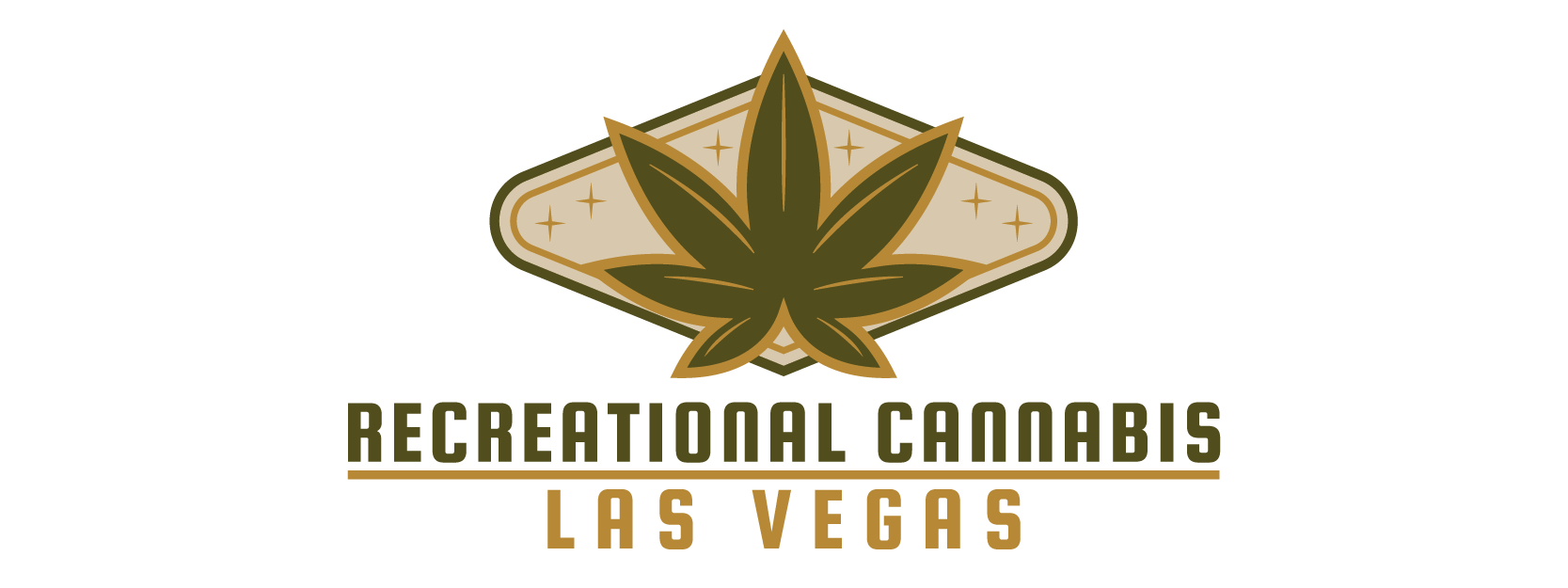Las Vegas may be one of the most cannabis-friendly tourism destinations in the United States, but casinos remain strictly off-limits for any type of marijuana use. Despite Nevada legalizing adult-use cannabis in 2017, the rules surrounding casino properties are shaped by a different set of forces—namely federal law, gaming regulations, licensing concerns, and the unique status of the Las Vegas Strip. Understanding why cannabis consumption is prohibited inside casinos helps visitors avoid legal issues and protect the city’s powerful gaming industry.
Federal Law Still Prohibits Cannabis
The most important reason casinos ban cannabis consumption is that marijuana remains illegal at the federal level. Under the Controlled Substances Act, cannabis is classified as a Schedule I substance. While Nevada allows adults 21+ to purchase and consume cannabis, casinos operate under strict federal oversight because they are tied to interstate commerce, financial institutions, and federal gaming rules. Any activity that looks like a casino is permitting or ignoring federally illegal behavior could put their operations at risk.
Casinos rely on federal regulators in areas such as anti-money-laundering compliance, banking, and hospitality operations. Allowing cannabis use—even if legal under state law—could jeopardize those relationships. As a result, all major casino operators maintain strict “no cannabis on property” rules.
Gaming License Protection
Nevada’s gaming industry is one of the most regulated in the world. The Nevada Gaming Control Board (NGCB) and Nevada Gaming Commission (NGC) have repeatedly told casino licensees that they must avoid any association with cannabis businesses or consumption. This includes:
- Prohibiting cannabis use on property
- Prohibiting partnerships with cannabis brands
- Prohibiting ownership stakes in cannabis companies by gaming license holders (unless disclosed and approved)
The message from gaming regulators has been consistent for years: casinos cannot risk compromising the integrity of Nevada’s gaming licenses. These licenses are considered privileges—not rights—and even the appearance of violating federal law could lead to fines, sanctions, or license review.
Casino Properties Are Private Property
Even though Nevada allows adults to possess up to one ounce of cannabis, consumption is still limited to private residences or licensed consumption lounges. Casinos, hotels, and resorts on the Strip are private property and may set their own rules. Every major casino company enforces smoking bans that cover:
- Hotel rooms
- Gaming floors
- Restaurants and bars
- Pool decks
- Parking garages and walkways
This includes vaping, smoking, and edible consumption. Violating these rules can lead to removal from the property and, in some cases, being banned.
Most of the Las Vegas Strip Is Outside Las Vegas City Jurisdiction
Another lesser-known detail: the Las Vegas Strip is not in the City of Las Vegas. It sits in unincorporated Clark County, where cannabis consumption lounges have only recently been approved—and not on casino property.
Because consumption lounges must be stand-alone businesses with no gaming ties, none can open inside a casino.
Tourists Often Don’t Realize the Risk
Many visitors assume cannabis is legal “everywhere” in Nevada. However, public consumption remains illegal statewide, and violations can result in citations. Casinos enforce these policies aggressively to protect their licenses.
